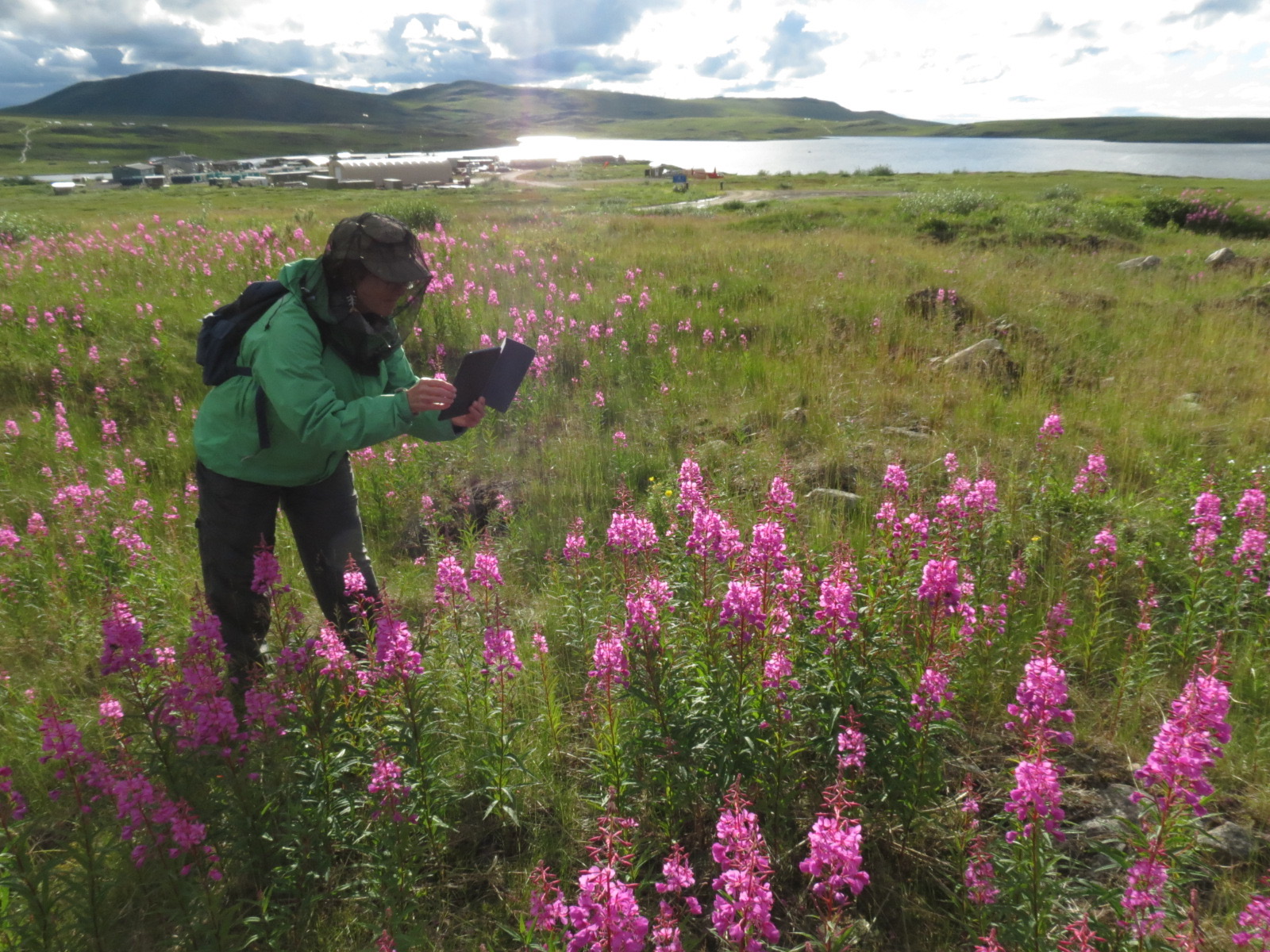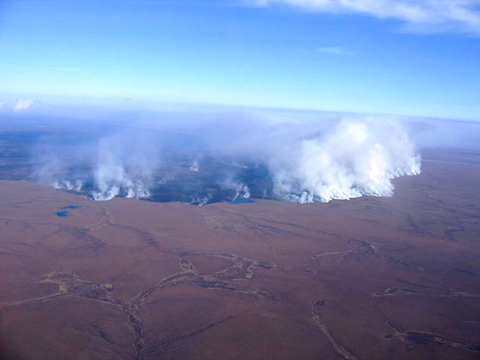The Arctic tundra ecosystem has naturally low biodiversity and is experiencing changes due to the influences of climate change. Over the past 30+ years, researchers at the Arctic LTER site have developed a suite of experiments to study the effects of expected climate changes on the ecosystem as well as conducting continued monitoring of ecosystem processes and functions. Research continues to provide insights about the interactions of climate and nutrient fluxes in regulating tundra composition, biogeochemistry, and biodiversity.

RETs will be instrumental in conducting terrestrial research alongside ecologists, and will compare their data to long-term data in an effort to understand changes occurring in important ecosystem processes and biodiversity. RETs will spend two weeks at Toolik Field Station engaging in research with Dr. Gough, Dr. Bret-Harte, Dr. Rocha, and Dr. Herndon. Gough’s research focuses on plant fertilization studies conducted for over 30 years at the site. Bret-Harte’s research focuses on plant community change and expansion. Rocha’s research focuses on tundra succession post-wildfire. Herndon’s research focuses on biological and geochemical controls on phosphorus in Arctic tundra. Throughout the school year, RETs will continue to work remotely with these same ecologists to develop data products generated from the research.

Credit: ARC LTER
Research will be conducted on the tundra – accessed by foot or helicopter – and in portable labs located at Toolik Field Station. RETs will walk a fair bit on wet tundra and boardwalks and sit for many hours at a time in the lab. Weather conditions range from sunny with highs in the low 70s to cool, wet, and rainy, with snow likely. Expect to spend 2 weeks in the field, working 8 hours per day alongside other teachers, researchers, graduate students, undergraduate students, and volunteers. Rain gear and warm weather clothing is required. You will be sharing a weatherport with up to 5 other people of the same gender and having all meals in the dining hall with up to 100 people at a time. Sundays are everyone’s day off to relax, socialize, and spend time exploring the Arctic away from the field station. Photos and explanations of plant ecology research are in a slideshow here
